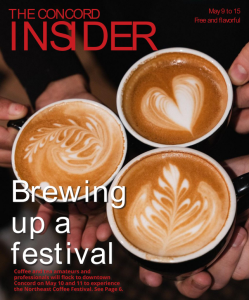“Only the dead have seen the end of war.” Although a Google search will provide numerous links for this line to an album by an Oregon bank named Hellshock, its origin is older, but probably not as old as Plato, to whom it is attributed as the epigraph in the film Black Hawk Down, where I first encountered it. No one has been able to locate it in Plato, who seems to have erroneously gotten the credit in General Douglas MacArthur's farewell address to the West Point cadets in 1962. It is more likely that the origin lies in the writing of Harvard philosopher George Santayana.
No matter where it first appeared, it is one of the four references to “the dead” that immediately entered my mind when I read a headline in the Monitor last week and decided to look no further for a topic (so the Insider is off the hook again.). The brief article concerned a Supreme Court decision to allow dying words of victims to be used in court, even though cross examination has been rendered impossible. It read: “High court allows deads' statements.”
“Hmm,” said I. “There's no such noun in our language.” After all, James Joyce's closing story in Dubliners is entitled “The Dead.” The band is The Grateful Dead. The second stanza of John's McCrae's well-know poem “In Flanders' Fields” begins with the simple assertion, “We are the Dead.” And for a variation on the quote at the beginning of this piece, my wife added a Thomas Wolfe story called “Only the Dead Know Brooklyn” (which is, oddly enough, also the title of an album by a group called The Shirts).
None of these examples uses deads as a plural noun. Dead is already collective. Zombies are not the living deads, and London's cenotaph does not have “The Glorious Deads” inscribed on its side.
I'm sure you get it by now. Statements by the dead are “the dead's statements,” not “the deads' statements,” and no matter how difficult it is to condense information so that it fits in headlines, there's an obligation to still get it right. It's not that hard to come up with “High court allows dying words.” But then, some of us wouldn't have as much fun reading our morning paper. Maybe next week the Insider itself will provide the thrill.





















